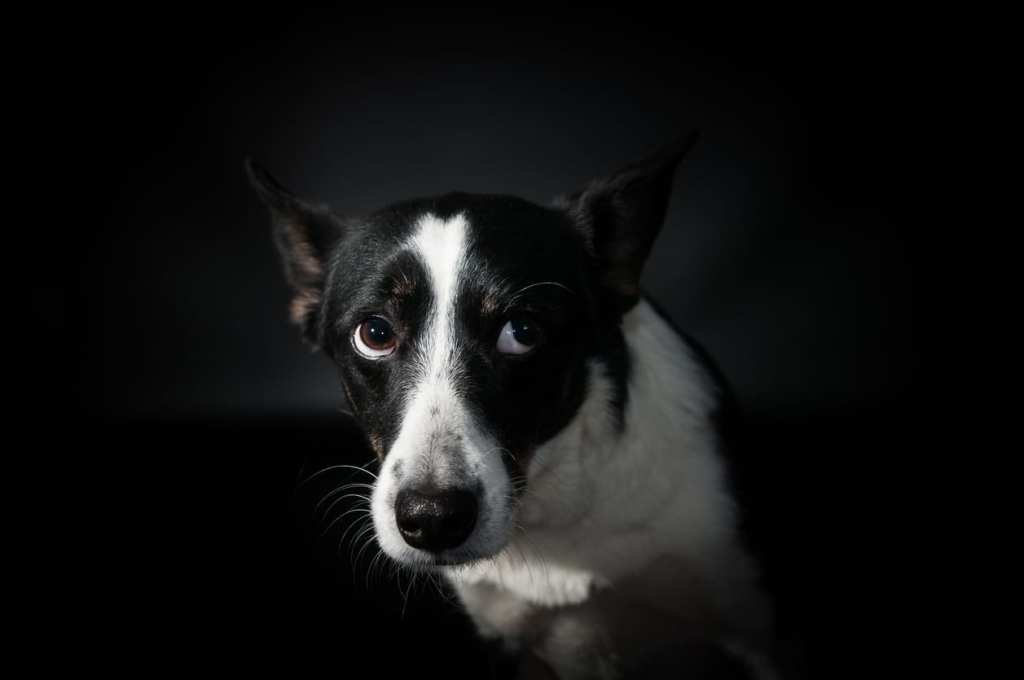People these days struggle not to anthropomorphize their pets – oh, who am I kidding? We totally anthropomorphize our pets and no one cares to stop.
That means we try to explain and understand them in terms of human thoughts and emotions. Even though they’re, ya know, dogs and cats and birds and stuff.
So, it shouldn’t come as a surprise that the look your dog gives you when they’re in trouble for doing something they know they shouldn’t have isn’t what you think.
Like this guy who’s clearly guilty AF!
https://www.instagram.com/p/Bwtm1LoBlET/
Actually, what we categorize as an adorable attempt to convey the complicated emotion of guilt is actually much more simple (and less cute) – fear.
A 2009 study ran by scientist Dr. Alexandra Horowitz called “Inside of a Dog: What Dogs See, Smell, and Know” and “Being a Dog: Following the Dog Into a World of Smell,” addresses how we misinterpret fear as guilt in those moments when we’re upset with our dogs for disobeying.
https://www.instagram.com/p/By3WpNFgtx_/
“I look at a dog showing the guilty look and it feels guilty to me. It does! We’re kind of wired to see it this way, so it’s nobody’s fault.”
She describes the look as when the dog cowers, showing the whites of its eyes while looking up at you, possibly pinning it’s ears back in the process – all classic signs of fear in dogs.
They’re responding to your scolding and disapproval, basically, not to any higher thought process where they were aware they were doing the wrong thing when they were doing it, and are now feeling badly that they were caught.
https://www.instagram.com/p/By0o0lvjZnd/
“It seems unlikely that they have the same types of thinking about thinking that we do, because of their really different brains, but in most ways dogs brains are more similar to ours than dissimilar,” Dr. Horowitz told IFLScience.
The “thinking about thinking” bit refers to executive function, meaning the ability to reflect on past actions and feel a certain way about them in the present.
“There is some work showing that some animals are planning for the future and remember specific episodes in the past. With dogs, there’s not as much evidence yet. Which isn’t to say that they don’t, but it’s to say that it’s really hard to design experiments around it.”
https://www.instagram.com/p/ByVAhKvglmd/
Without solid evidence when it comes to how dogs experience emotion and memory, anthropomorphizing them is easy – and it’s essential to us, as humans, as a way to make sense of this creature now living alongside us in our home.
“When you adopted your dog, and suddenly you’re living with a dog, within a week we have opinions about the dog’s personality, what they’re like and what they’re thinking. It’s a way to try to predict what’s gonna happen next with an organism that we don’t really know. So we use the language of human explanation, and we just put it on the dog.”
https://www.instagram.com/p/ByU64GeBHHm/
Which is fine, of course, as long as you’re not expecting more from your dog that they’re really able to give.
It’s best to just love them for who and what they are – nosed-through trash bins and chewed-up shoes and all.






